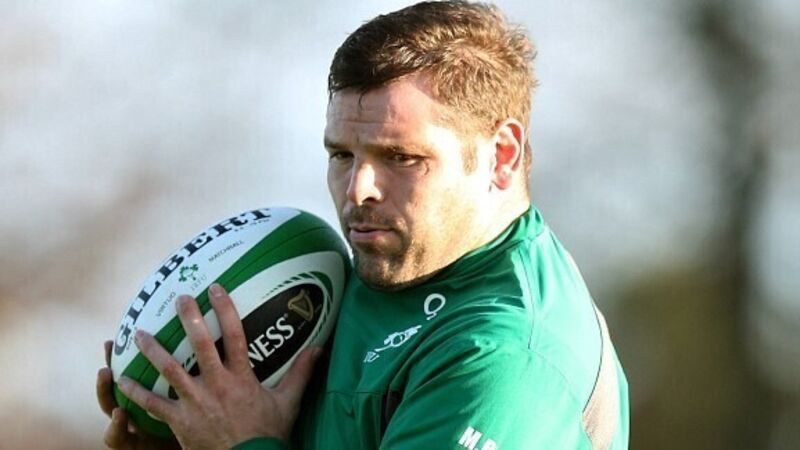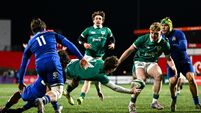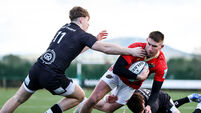Ross: We must produce the almost perfect game

For Mike Ross, it is as pre-determined as the apple that fell on Isaac Newton’s noggin.
“It’s like a cup final and often they bring the best out of you, particularly when you need a reaction from the Australian game and the world champions are coming to us and going for an undefeated year,” the Ireland tighthead said before declaring: “I’d be confident that we’re going to have a good performance this weekend.”















